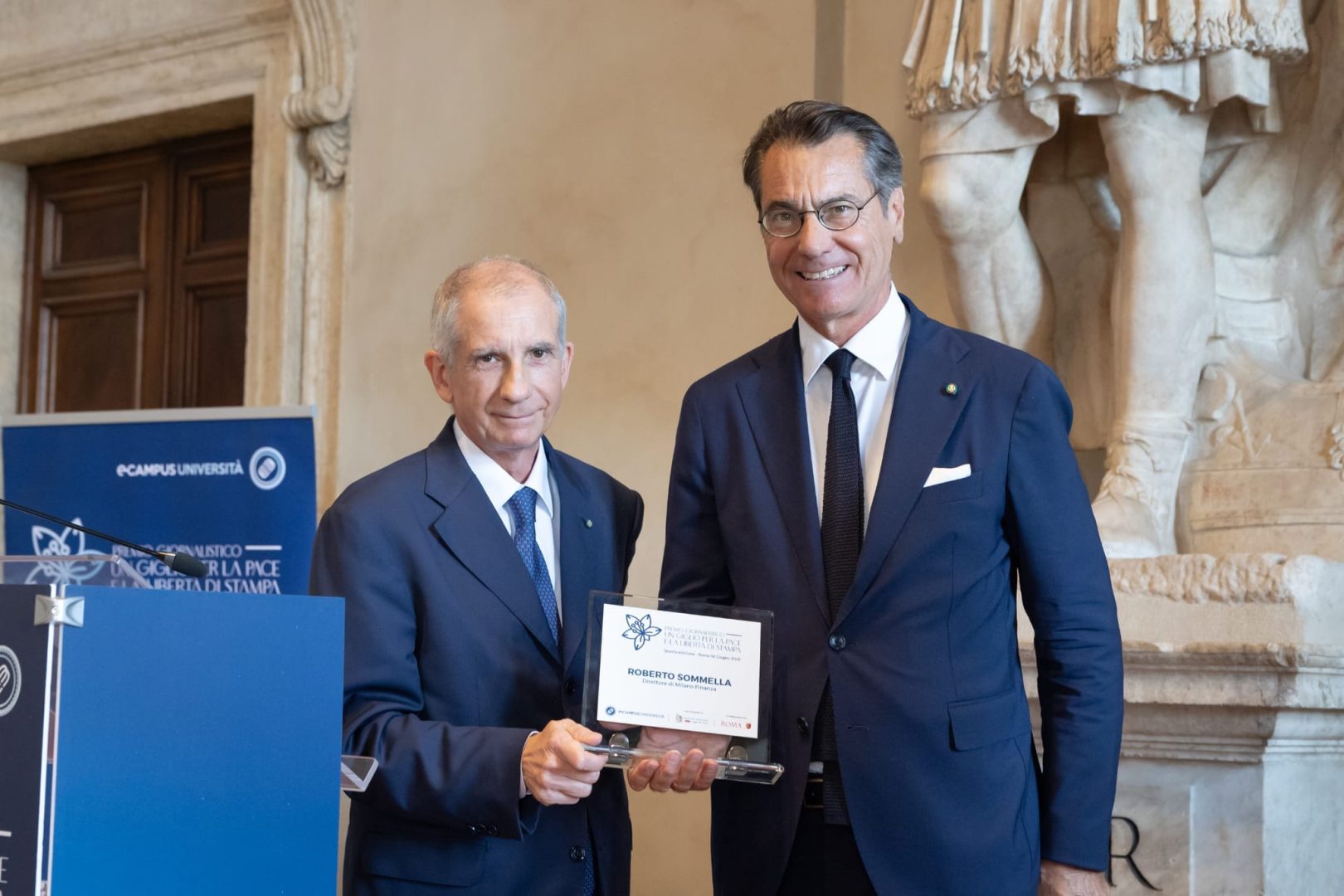ROMA (ITALPRESS) – According to the data of the Edufin Index report of Alleanza Assicurazioni, Compagnia del Gruppo Generali, together with Fondazione Mario Gasbarri and with the scientific collaboration of SDA Bocconi, in 2025 in Italy the level of financial and insurance awareness stands at 56, under the threshold of sufficiency fixed at 60 on a scale from 0 to 100.
The literacy of Italians is therefore low altogether: only 40% of the population knows and acts concretely in the conscious management of their own finances. The share of financial and insurance illiterates is 10% of the population, down two percentage points compared to 2024. The survey shows that men, over 45 and residents in the North get higher than average. In the face of a gender gap that stabilizes at 5 points (men 59 vs women 54), the differences are reduced by geographical area and age: the financial literacy of the inhabitants of the South and the Islands (54 in 2025 vs 53 in 2024), and the same increase between young people in the 25-34 years (55 in 2025 vs 54 in 2024). Both progress, though contained, reflects the positive effects of awareness and training initiatives promoted by public and private bodies.
Alongside the Edufin Index, research has introduced two new indicators: the Longevity Index that measures the awareness and preparation of Italians with respect to the elongation of life and the resulting challenges, and the Pension Index that assesses knowledge and behaviors in the field of public and supplementary pensions. In both indices the Italians position themselves below the sufficiency (fixed at 60 out of 100). Longevity Index at 55: the level grows significantly to increase income, but is penalized by non-employment. Pension Index at 48: Italians show limited social skills: the public pension is better understood, while they remain fragility in knowledge and adherence to supplementary forms. The study highlights a gender gap marked by 11 points (women 43 vs men 54), mainly influenced by the level of financial education and employment, and to a lesser extent, by education, income. The over 65, even close to the exit of the world of work, are little informed and aware of the public and complementary social security instruments.
Giancarlo Fancel, Country Manager and CEO of Generali Italia said: “Financial education is a fundamental competence to build a more equitable and conscious society. In Generali we recognize its social value and intend to continue to promote it by fulfilling our role as a Partner of the Country alongside families, businesses and communities. For years we have been engaged all over the territory in a National Programme of Financial Education and Ensure that it has already involved 450 thousand citizens in about 10 thousand events. A commitment that also finds strength in corporate volunteering through our The Human Safety Net Foundation: Since 2018 we have helped over 60 thousand parents and children in vulnerability contexts, formed over 2,000 refugees and migrants to find employment, also offering financial education courses. Because only informed citizens can make informed choices.”.
Davide Passero, CEO of Alleanza Assicurazioni and Country Chief Marketing & Product Officer of Generali Italia commented: “Our country is recording a deep demographic transformation: the progressive aging of the population puts pressure on the sustainability of our health and social security system, affecting pension levels and access to care.”.
“The fourth edition of the Edufin Index – which we present today – confirms the importance of raising the level of financial education of our fellow citizens, and highlights the poor awareness of decisive issues for their future, such as longevity and pensions. As an Insurance Alliance, we are convinced that only through a concrete and continuous commitment to promoting financial education can be built a conscious and inclusive citizenship. Precisely for this – he added -, even in 2026 we will continue to invest in educational initiatives and training in the territory and in schools: To bridge the financial education deficit is essential to ensure equal opportunities and social equity in a country in profound change.”.
– Photo IPA Agency –
(ITALPRESS).






